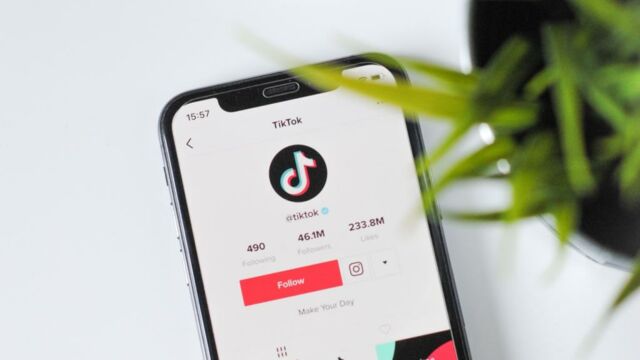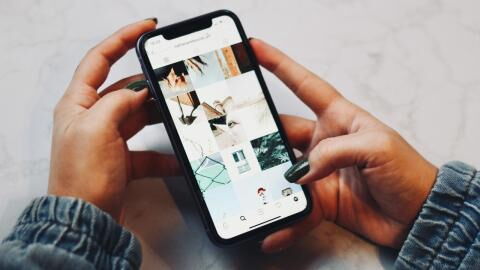Yesterday, TikTok announced new regulations for minors and families on its official website. In this announcement, Cormac Keenan, the Head of Trust and Safety for TikTok, reveals new default settings for minors using the app: a 60-minute time limit, along with new parental control options. In the coming weeks, every account belonging to someone under 18 years old will be limited to one hour use per day, in an effort to fight addiction to screens, especially for teens.
Discover our latest podcast
A 60-minute time limit
The goal of these new settings is to control minors’ screen time during the day, after research showed how badly it can affect their brains. To come up with this time limit, TikTok has worked closely with the Digital Wellness Lab at Boston’s Children Hospital.
Once the teens reach the 60 minutes spent on the app, they’ll have to enter a passcode, which encourages them to make an active decision to stay on the app for longer. This aims at helping them realize how much time they are spending on their phone, especially on the very addictive TikTok app. The passcode will be set by a parent for those under 13, to enforce parental control, and it will only give them an extra 30 minutes.
Read more:Computer, phone, TV: Here's why you should never eat in front of a screen
TikTok's goal
TikTok wants teenagers to be more aware of the time they spend on screens, and encourages those who opt-out of the default setting to still put a time limit in place, especially for those who spend more than 100 minutes on the app every day. The app will also send teens a weekly notification with a recap of the time spent watching TikToks, the goal of which is to make them realize how long a day they are looking at a screen.
New screen time limits have also been added for everyone, including adults, to set up their own limit per day and to even put up a ‘sleep reminder’ to stop the app at a certain time at night and help users go to sleep more easily.
Read more:Shock as man dies from sleeping next to a charging phone: Should we be concerned?

Survey reveals how social media affects users' mental health
A survey from the Digital Wellness Lab shows that 94% of the teenage participants own a smartphone. 31% said they check their phone every 6 to 15 minutes, and 24% only stop checking their social media at around 10pm.
Positive effect of social media
The top four apps used by teenagers the most were YouTube, TikTok, Instagram, and Snapchat. Many participants have said their apps are helpful to their mental well-being, and makes them feel socially connected to their peers.
Negative effect of social media
However positive the results seem, there are also downsides. For example, 33% of participants said they often feel their life is worse than other people’s. 28% revealed they often feel sad or depressed when they use social media. Around half of the participants also explained that social media interferes with time spent with their family and friends, or their sleep schedule. The most important feature that makes teens feel safe online is the ability to block/restrict some users from their account and to report offensive posts and users.
This survey shows some very interesting results: while some negative aspects remain such as body insecurities and decreasing grades, positive aspects come up more often. It also reveals that teenagers are in fact more self-aware than given credit for. They are definitely not as naive as some might think.
Read more:Teens are ditching their smartphones for old-fashioned flip phones: Here's what you need to know
Sources used:
TikTok: New features for teens and families on TikTok
Digital Wellness Lab: Adolescent Media Use: Attitudes, Effects, and Online Experiences
InternetMatters: How agency supports young people’s wellbeing in a digital world















